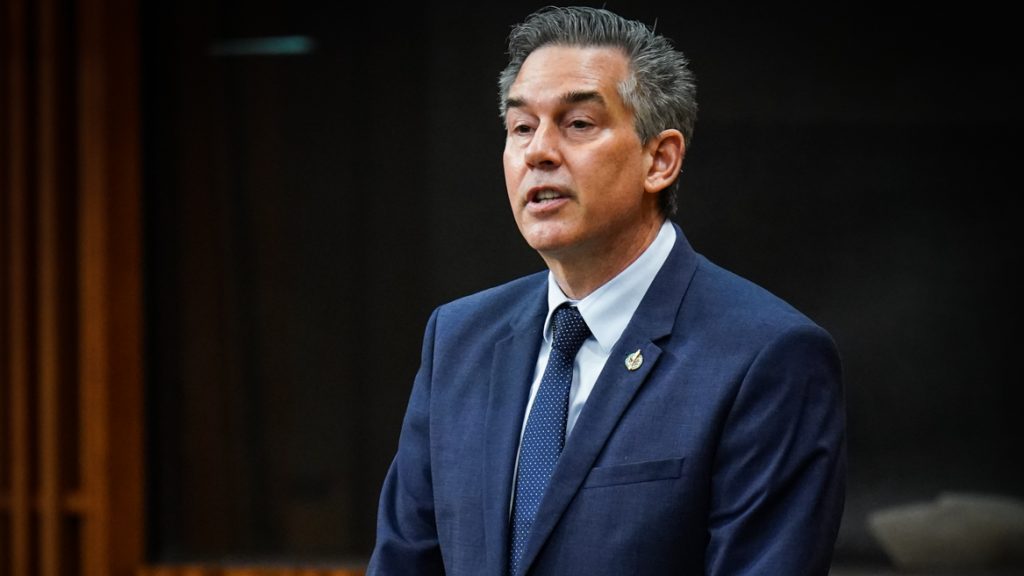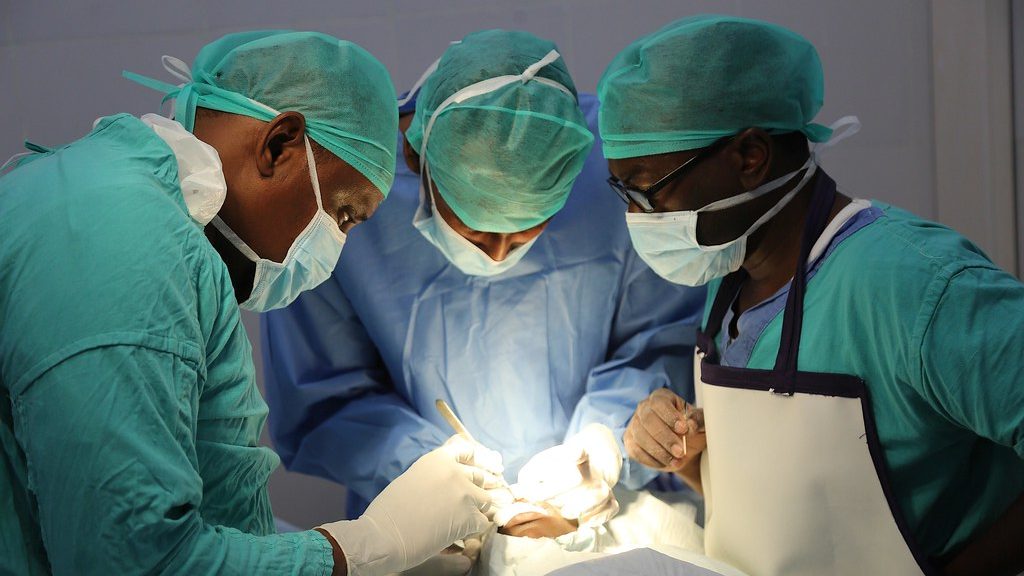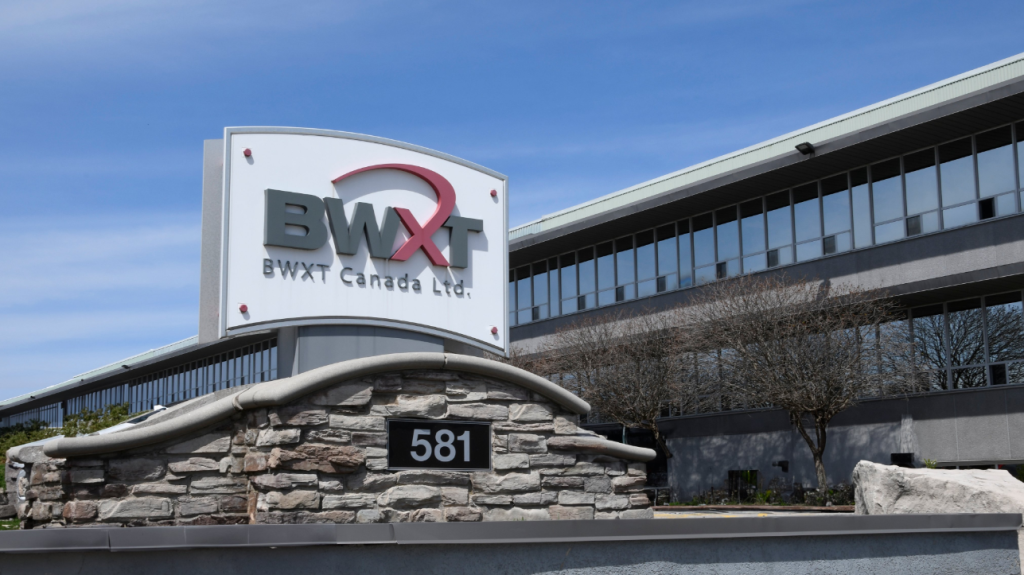Police provide insight into external sexual assault investigation review
Posted May 19, 2022 10:40:38 AM.
Working through a community partnership since 2019, the Waterloo Region Police Service has provided insight into its ongoing external review of sexual assault investigations in the community. Moving forward with the aim of improving service delivery and the supports provided to survivors, the service has been implementing recommendations made by the Aggregate Case Review team, an advocate led sexual assault case review group that provides independent oversight and ultimately improve outcomes.
One member of that team is Sara Casselman, the Executive Director of the Sexual Assault Support Centre of Waterloo Region (SASCWR). Speaking to the programs background on Wednesday, Casselman said the initiative was brought on by the service's chief following a 2017 Globe & Mail series on police responses to sexual assault allegations across Canada. That piece found that nearly 20 per cent of sexual assault allegations submitted to police were being labelled as “unfounded”, with a much higher rate of 27 per cent seen in Waterloo Region.
“The broader issue is sexual assault reporting rates haven't increased in any substantial way since 1993. It's estimated that only five per cent of sexual assaults are reported to police nation-wide, and charge rates over 30 years remain virtually unchanged despite many folk's assertions that there's been many advancements in sexual assault investigations.”
Casselman noted that, rather than accepting shortcomings as inevitable, the force adopted the Aggregate Case Review model in a modified format – drawing upon the expertise of several community organizations including SASCWR, the YWCAs of Cambridge and Kitchener-Waterloo, Women's Crisis Services of Waterloo Region, the SHORE Centre and more. With members from each organization attending quarterly meetings, that group has reviewed nearly 400 police investigations – with no reviews conducted between September 2020 to October 2021 due to COVID restrictions.
“The purpose of the reviews is to ensure best-practice approaches and responses to sesxual assault reports, improve the effectiveness of the investigative process, encourage reporting, promote open communication and cooperation with WRPS and advocate agencies, and to improve transparency of sexual assault investigations.” said Jennifer Ranta, Acting Staff Sergeant with the service's Special Victims Unit.
According to Ranta, each review provides the Aggregate Case Review team access to all investigative reports, video and audio recorded statements, forensic and medical reports and any other investigative material gathered by investigative officers. Team members are considered “agents of the WRPS” under the Municipal Freedom of Information and Protection of Privacy Act for their review.
Speaking to the progress made so far, Casselman said that advocate case review remains an important step in improving police responses to survivors of sexual assault, noting the team has seen “some improvements” in investigations over the last four years including: more complete investigations, better documentation, and further work to create environments more conducive to survivors sharing their experiences.
“That said, and not unexpected, we see many of the same themes when we're doing investigations that were identified in the audit report submitted to the board in 2018.” said Casselman. “Some of those recurring themes are evidence of rape myths and gender bias in investigations, lack of knowledge about trauma informed investigations (…) ways to respond to survivors disclosing their experiences with compassion, challenges working with disenfranchised and vulnerable populations such as those with mental health needs and developmental delays, and continued misunderstandings of the law – particularly around consent and capacity to consent.”
Several recommendations have been made to the service to improve the support offered to survivors of sexual violence, many of which are actively being worked toward for implementation according to Ranta. Speaking during Wednesday's meeiting, Ranta said the service remains committed to improvement, with continuing quarterly reviews of investigations as well as the tracking, implementation and monitoring of all recommendations by senior WRPS leadership.
According to Ranta, the service has completed several goals including the completion of Trauma Informed Interview training for investigators, creation of contact cards that include local agency contact information, enhanced case management by supervisors of the Special Victims Unit and progress toward a “more welcoming experience” and more support services during the interview process.
Casselman also raised several “next steps” to improve reviews and outcoms of survivors, including the service and this particular team becoming members of the Improving Institutional Accountability Project: a federally-funded initiative that aims to support communities engaged in the aggregate case review system across Canada. Furthermore, Casselman noted that the not-for-profit agencies that are conducting this Aggregate Case Review work for regional police are not funded to do so, noting that community-based organizations like SASCWR are “incredibly stretched”.
“… this is a significant commitment of time and resources that should be funded.” said Casselman. “Funding for this work recognizes the expertise and value of community-based survivor advocates who hold the stories and experiences of thousands of survivors in our community. If you're someone in this room with influence in our region, please make funding this work a priority.”
It was also raised that members engaged in the ongoing case review work would ideally like to have annual meetings with the Chief of Police to work toward further progress and increasingly positive outcomes for survivors of sexual violence in the community.










